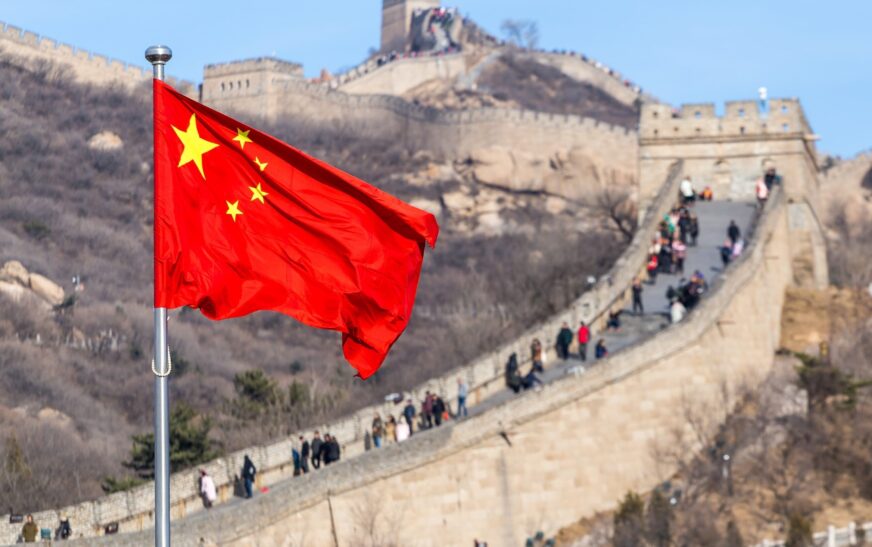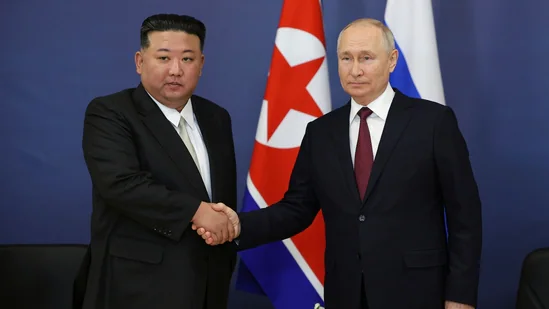In a damning revelation, Human Rights Watch (HRW) has unveiled the extent of China’s use of “extreme pressure” to forcibly relocate rural Tibetans, affecting hundreds of villages and over 140,000 residents since 2016. The HRW report, titled “Educate the Masses to Change Their Minds: China’s Coercive Relocation of rural Tibetans,” exposes widespread violations of international law in the Tibet Autonomous Region.
Drawing on official statistics from China’s state-run media, HRW highlights a staggering trend of relocation initiatives, with over 930,000 rural Tibetans displaced between 2000 and 2025. The majority of these relocations—amounting to 76%—occurred post-2016, underscoring a concerning acceleration in coercive practices.
According to HRW’s 70-page report, Chinese authorities employ deceptive rhetoric, falsely promising improved employment opportunities and ecological benefits to justify the forced relocations. The relocation process entails demolishing residents’ former homes, effectively preventing their return—a tactic condemned as a violation of international law.
The report underscores the profound impact of China’s “whole-village relocation” programs, which result in forced evictions and violate fundamental human rights. Despite claims of voluntariness, HRW asserts that coercion and intimidation tactics leave residents with no choice but to comply.
Maya Wang, HRW’s acting China director, emphasized the contradiction between China’s portrayal of voluntary relocation and the reality documented in state-run media reports. HRW’s findings reveal a pattern of resistance among affected communities, met with punitive measures and suppression by authorities.
In response to these revelations, HRW calls for an immediate halt to relocation efforts in Tibet until an independent review ensures compliance with Chinese laws and international human rights standards. The report demands an end to coercive tactics, urging authorities to respect the rights and autonomy of Tibetan communities.
Beyond the immediate humanitarian concerns, HRW warns of the broader implications for Tibetan culture and heritage, as relocation initiatives threaten to erode traditional ways of life. By shedding light on China’s coercive practices, HRW seeks to hold accountable those responsible for these systematic human rights violations.











